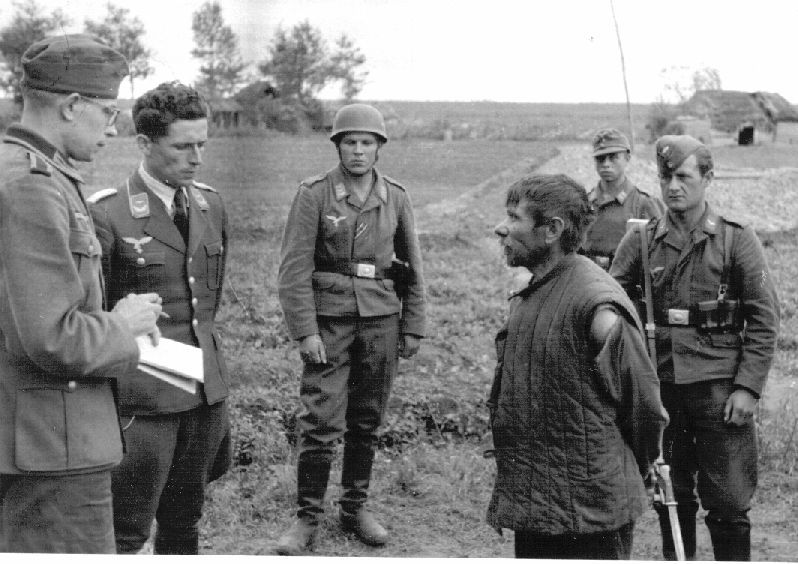On 9 July 1946, the Council of Ministers of the USSR adopted resolution No. 1516 “On pensions for former servicemen and their families”.
The decree stipulated that former soldiers and former partisans in the Great Patriotic War (WWII) who had become disabled after being dismissed from military service or from partisan units should be provided with a disability pension on the same basis as members of the armed forces, in the event the Expert Examination of Labour Capacity finds that the disability is a consequence of:
a) Injuries or contusions received during defence of the USSR or while performing other military duties, or as a result of diseases developed at the front, or injuries, concussions, or illnesses developed while in captivity;
b) Accidents not related to the performance of military service or illnesses not related to the front, but resulting from the period of military service.
The attitude towards former prisoners of war and partisans and other persons, who once found themselves in occupied territory, was ambiguous in the USSR. However, a third of the USSR’s territory was occupied, with about 6,000 partisan units fighting in the rear of the enemy, in total more than a million people. Many of them were wounded in captivity. For many former partisans and prisoners of war a disability pension was their only livelihood. The resolution played a crucial role in the lives of such people.
Source:
The USSR Council of Ministers resolution No. 1516 from 9 July 1946
























